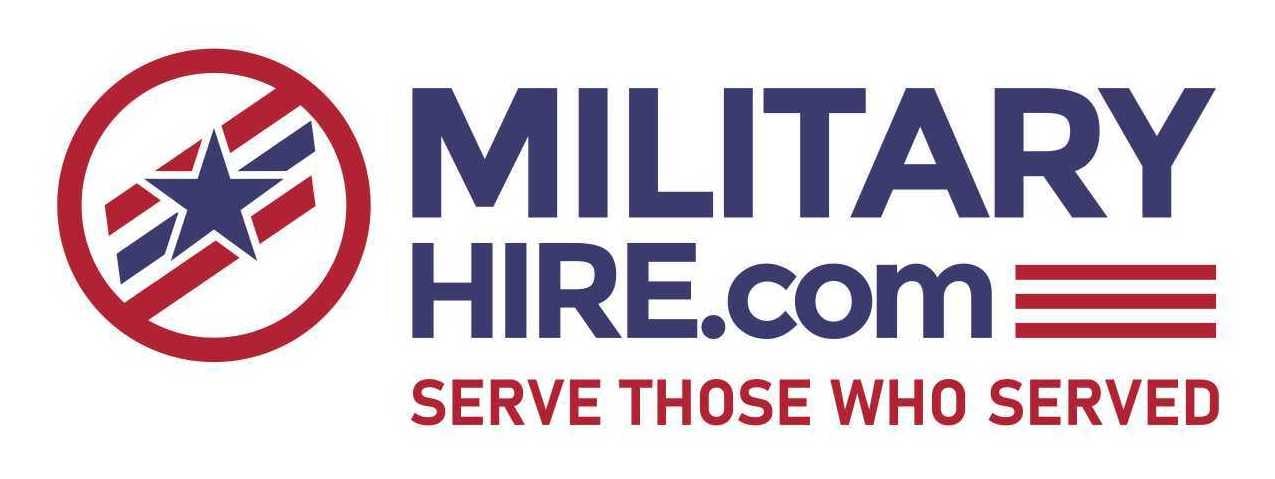Do I need a Cover Letter?
I recently spoke to a veteran who told me that cover letters don’t matter anymore. I asked him why. He told me that since resumes are searched via databases, it’s the resume “data” that selects a job candidate for an interview.
I’ll stand up and take issue with not only his grammar but also his belief. Technology may very well return a individual’s resume from a database search by a hiring manager, but human beings ultimately select who they are going to call or not.
That’s why I think you need a good cover letter. Cover letters matter to people who make hiring decisions. Why?
In job-hunting, the term “cover letter” is perhaps misleading.
A true cover letter can be likened to a letter of transmittal (or in some respects a bill of lading that accompanies a shipment.) These documents communicate the purpose of the shipment, who it is being sent to, and what items are contained in the shipment.
While it is true that a cover letter must state the purpose of the communication and who should read it and what it contains (your resume), that is far from its function.
In real terms, a cover letter functions more as a persuasive, sales pitch letter than an obligatory business communication.
Most people don’t understand the function of a cover letter and that’s why most people do not write good letters!
There are a number of reasons why this is so. I think the primary one is the “Holiday wrapping” excuse.
While holiday gifts are wrapped very nicely, many people consider it fluff (except for my Mother!). What really matters to them is what the wrapping hides–the gift.
Cover letters–the wrapping that hides your resume–give not only the obligatory business information but also make your resume more appealing. It is a persuasive invitation to the resume reader to take a look at what is inside, that is, your resume.
Even though more and more resumes are searched by hiring managers using databases or are selected through machine scans, after the “hot list” of resumes is selected, one or more human beings will take a closer look at it.
What influences them to call you or not? Your cover letter.
I have used three types of cover letters:
- Professional or Traditional
- Industry-Targeted
- Creative
The Professional Cover Letter is your classic business communication. It is broken into three parts: (1) states the purpose of the communication; (2) describes why you are qualified for the position; and (3) persuades the reader why you are the best candidate for the position.
The Professional letter is a great way to introduce yourself and demonstrate quickly what you have to offer a potential employer.
But I feel it is not necessarily the best choice for everyone.
If you are highly experienced, possess outstanding skills and are confident about your resume and competitiveness, by all means I would use this letter.
But if you are trying to break into a new field, I think the professional letter doesn’t always tell the whole story of your skills, potential and your abilities. In this case, you need something more telling or personal. Not to you, but to the hiring manager. That’s where the industry-targeted letter rises to the occasion.
The Industry-Targeted Cover Letter is a hybrid of the professional letter. It is broken into the same three parts with one change. Interwoven into each part is some industry-specific information that suggests you know or have the skills to learn the reader’s industry sector.
This industry-specific knowledge adds interest and can close any gaps of doubt in the mind of a hiring manager. It is essentially a bridge that connects your military experience to the employer’s needs. It is a more persuasive letter than the professional letter.
The Creative Cover Letter is used by job applicants who are either over-qualified or under-qualified. It is generally used after the Professional or Industry-Targeted letters do not reap results.
It does not follow any form. Generally, creative letters are shorter than the other letters. They focus on one point. They use wit or humor. And they always suggest that the letter writer knows more than meets the eye. The Creative letter is pure persuasion.
I have found that creative cover letters work well for smaller organizations that are hiring a certain type of individual that they will develop. For large organizations, however, I have always reverted to the professional or industry-targeted letters to get results.
If you are going to post a cover letter on a jobs website, I would first use the professional letter because of its broad appeal.
However, if you are in the later stages of your job hunt or are so focused that you know the industry or company types you definitely want to work for, I would post an industry-targeted letter along with my resume.
Good Luck In Your Job Search!
Image courtesy of Shutterstock.com
MILITARYHIRE HAS JOBS FOR VETERANS
Three steps to success:
-
Sign Up. You’ve served your country. Now let us serve you. Sign up now—it’s free, quick, and easy.
SIGN UP TODAY -
Post Your Resume. Be found by hundreds of veteran friendly companies—post your resume! Don’t worry if it’s not perfect—you can easily update it later!
POST YOUR RESUME -
Search Jobs. Don’t wait for companies to find you. Set up automated Job Scouts to scour our database and notify you of new jobs.
SEARCH JOBS NOW
Disclaimer
All opinions, advice, statements or other information expressed in this article are solely the author’s and do not necessarily express the opinions of MilitaryHire.com or the publisher.
